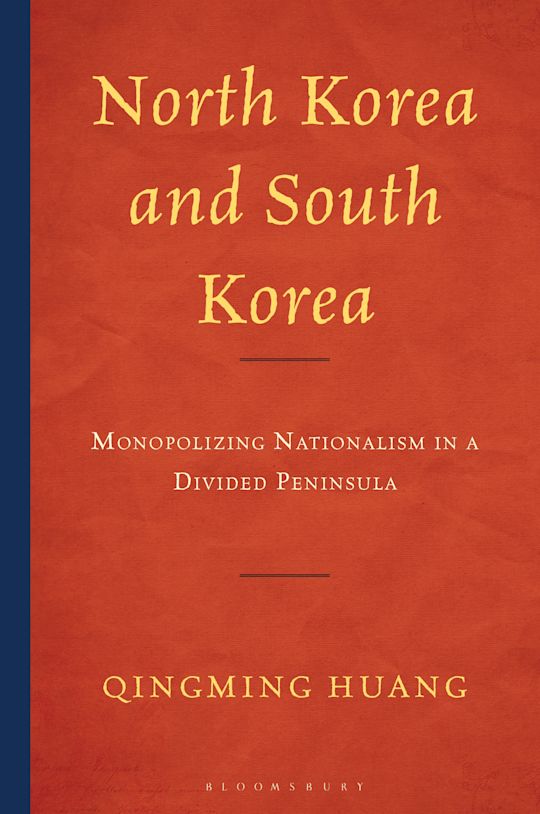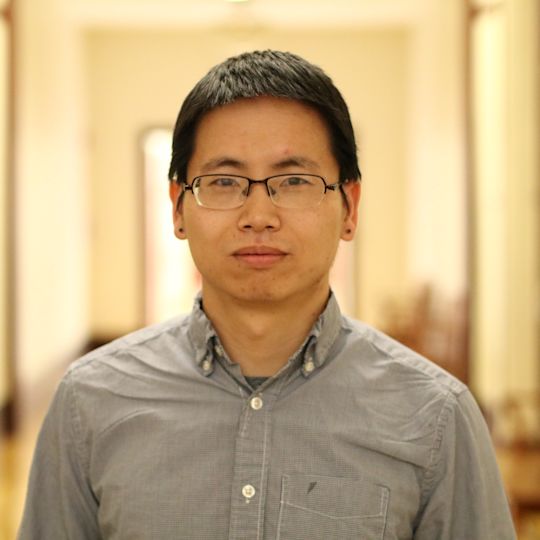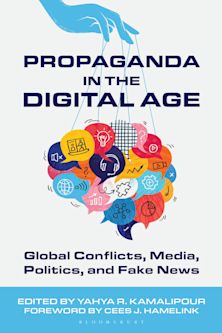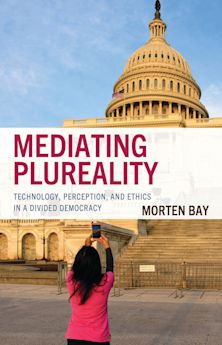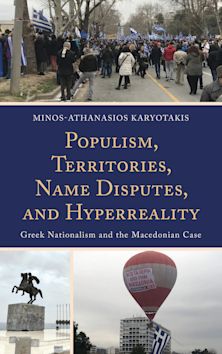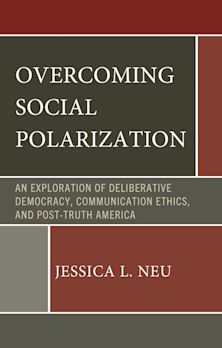North Korea and South Korea
Monopolizing Nationalism in a Divided Peninsula
North Korea and South Korea
Monopolizing Nationalism in a Divided Peninsula
Payment for this pre-order will be taken when the item becomes available
- Delivery and returns info
-
Flat rate of $10.00 for shipping anywhere in Australia
Description
The autocratic regimes in both North Korea and South Korea attempted to legitimize their rule through efforts in nation-building but achieved different results. North Korea and South Korea: Monopolizing Nationalism in a Divided Peninsula seeks to answer: How did these regimes' nation-building strategies through a variety of tools and venues differ in the process of regime development? How was nationalism utilized to construct a regime-legitimizing founding myth? What implications did these varied efforts have on authoritarian legitimacy and state-society relations under authoritarian rule?
Focusing on the period from the end of the Second World War and the start of the Korean War to South Korea's democratic transitions in the 1980s and North Korea's crises in the 1990s, Qingming Huang examines the authoritarian regimes' efforts in monopolizing the narratives of nationalism and constructing the founding myths of the regimes through textbooks and other myth-making venues. Huang argues that the North Korean regime's monopoly of nationalism helped it construct the founding myth of the party-state as an essential source of regime legitimacy. In contrast, the autocratic regimes in South Korea failed to eliminate the competing narratives about the nation and were unable to monopolize nationalism. As a result, South Korea struggled to construct a founding myth to buttress the regimes and became more vulnerable to domestic challenges.
Table of Contents
Introduction
Chapter 1 Nationalism, Founding Myth, and Regime Legitimacy
Chapter 2 Kim Il Sung: Monopolizing Nationalism and Constructing the Founding Myth
Chapter 3 Syngman Rhee: Idolization of Rhee with the Independence Spirit
Chapter 4 Park Chung Hee: The “Savior” of the Nation
Chapter 5 Chun Doo Hwan: Rescuing “the Sinking Ship of State”
Conclusion and Discussion
References
About the Author
Product details

| Published | 28 May 2026 |
|---|---|
| Format | Hardback |
| Edition | 1st |
| Extent | 184 |
| ISBN | 9781666962680 |
| Imprint | Bloomsbury Academic |
| Illustrations | n/a |
| Dimensions | 229 x 152 mm |
| Series | Bloomsbury Studies on Korea's Place in International Relations |
| Publisher | Bloomsbury Publishing |
Reviews

ONLINE RESOURCES
Bloomsbury Collections
This book is available on Bloomsbury Collections where your library has access.









